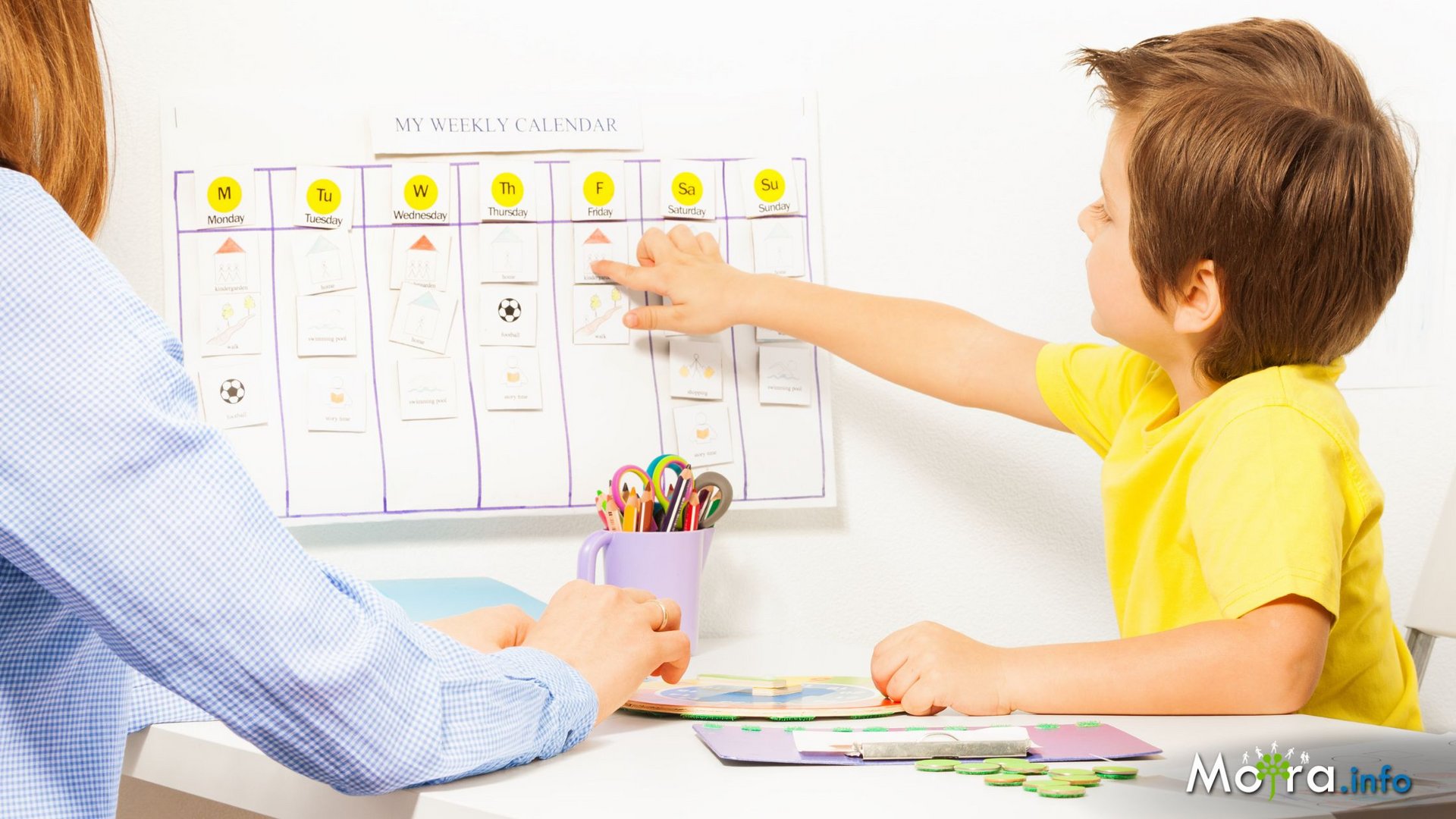This article
includes: expert advice, commentary and a discussion with a psychologist.
Every child sometimes wants to skip school to avoid a test, an exam, or
simply because they don't want to wake up early in the morning. Let's remember
our school years; we've all tried to persuade our parents a few times and come
up with various reasons to avoid going to school. If your child occasionally
tries to convince you to let them stay home now and then, it's not alarming.
The problem arises when your child has a strong aversion to school, throws
daily tantrums, constantly complains of headaches, stomachaches, sleep
problems, bedwetting, and so on. In such cases, it's essential to pay attention
and address the situation.
Why doesn't the child want to go
to school?
This is probably the first
question that comes to mind regarding this issue. Definitely, do not trivialize
the situation because your child surely has a reason for their behavior,
especially if their reluctance to attend school is accompanied by psychosomatic
problems.
The most common reasons why a
child doesn't want to go to school:
1. Feeling
excluded from the class collective. Often, we
encounter situations where a child can't find friends among their classmates or
can't engage in class activities.
2. Fear of
not meeting parental expectations. We all want
the best for our children and desire them to achieve something. However, if you
impose high demands on your child (for example, not allowing room for poor
grades), they may be constantly stressed, which can manifest in their
reluctance to go to school.
3. Inability
to overcome obstacles. The
foundation of upbringing should be guiding the child towards responsibility.
Unfortunately, many parents constantly clear the path for their children, not
allowing them to face problems and obstacles on their own. When they start
school, these children are suddenly forced to confront reality and must handle
everything by themselves, which can be very demanding since they haven't been
accustomed to it.
4. Fear of
teachers. Every school has strict educators;
some appear strict, while others genuinely are. Less mentally resilient
individuals can be completely overwhelmed by fear of a particular teacher and their
teaching methods, such as frequent tests, unannounced quizzes, and strict
grading, among others.
5. Bullying.
One of the reasons for school aversion
can also be bullying that your child is experiencing. In this case, it's
essential to address the situation as soon as possible because bullying can
have severe impacts on your child's mental well-being.
6. Family
problems. Everything is connected, so if
your child refuses to go to school and you're dealing with family issues at
home, it may be a way for your child to express how they perceive the overall
situation, trying to gain your attention and make you focus on them, among
other reasons.
What to do?
First and foremost, realize that a
child's reluctance to go to school always has some underlying cause. Therefore,
it's important to uncover these reasons.
Talk to the child, show your interest, but don't
pressure, shout, or threaten. If the child doesn't want to confide in you about
their troubles, try to observe any changes in their behavior,
what they do differently than before, and pay attention to details.
Also, reflect on your own behavior
towards the child, whether you
might be overwhelming them, setting unrealistic expectations, not appreciating
them enough, or being too harsh for poor grades. If everything is fine at home,
it's appropriate to approach the class
teacher to see if she has noticed anything and ask for her assistance.
Don't downplay the situation if you can't uncover the root of the
problems on your own. In such a moment, it's a good idea to seek a specialist –
a child psychologist. You can contact a pedagogical-psychological counseling
center without having to disclose this situation at school. A psychologist can
best assess the seriousness of your child's problems and use suitable techniques
to determine the real causes.
Remember that your child is
unique, and as such, you need to approach them individually. There is no
one-size-fits-all solution for dealing with a child's resistance to school. The
foundation, of course, is being there as a support for your child. Everything
else is best left in the hands of a professional, as soon as possible, to avoid
potential complications. A child's psyche is delicate, and only a psychologist
can sensitively delve into the core of the most hidden child anxieties and
address them.




























Enter your comment.